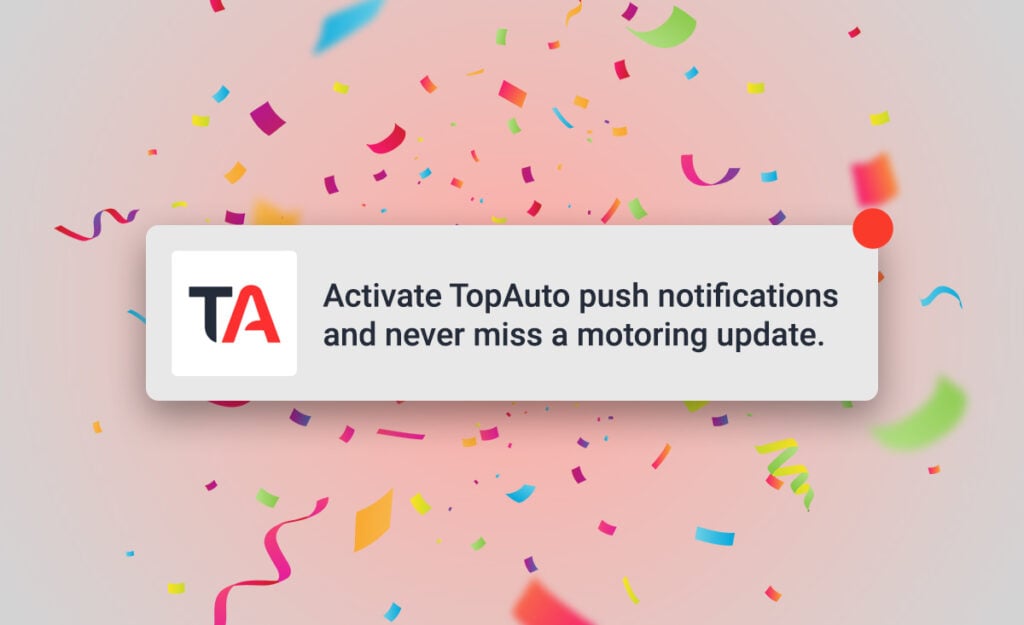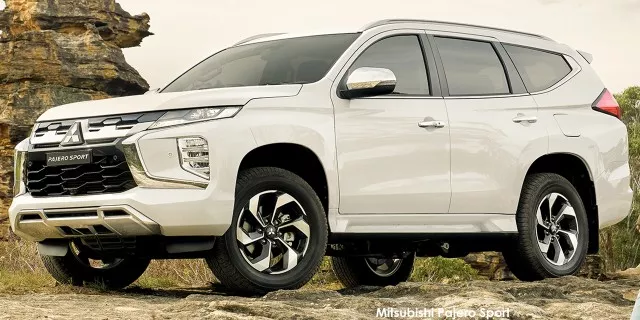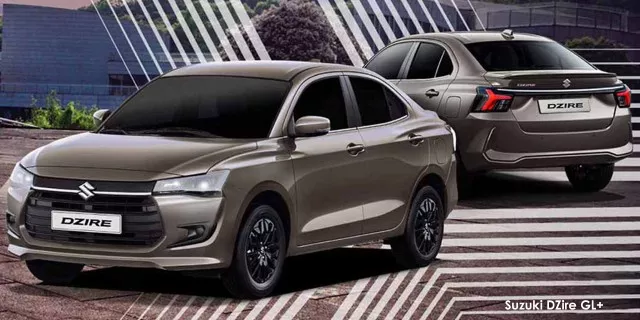
First National Bank (FNB) has recorded a significant 90% reduction in fraud volumes related to credit and debit cards since the rollout of tap-to-pay systems at toll plazas.
The South African Banking Risk Information Centre has identified toll gates as one of the main hotspots for card cloning in South Africa, alongside places like ATMs, supermarkets, liquor stores, and restaurants.
The term cloning, sometimes also called skimming, refers to when criminals steal a person’s bank card information to create a counterfeit copy that can be used to spend money from your account.
This is most commonly done when a card is inserted into a machine such as an ATM or a point-of-sale reader that has been discreetly modified with a skimming device.
Toll plazas, in particular, are an easy place for criminals to get away with this as motorists often hand over their cards to booth operators to pay their way.
The booth operator takes the card and it then disappears for a few seconds as they swipe it through the point-of-sale machine, after which they hand it back.
It is believed that these precious seconds when you can’t see your card is when it’s being exploited.
It is estimated that as much as R3 billion has been lost to fraud in South Africa, much of which were siphoned through toll plazas.
The issue has prompted several banks to take action in an effort to protect their clients.
Nedbank, for one, disabled debit card swipe transactions on 20 January 2025, urging its clients to instead rely on their credit cards, garage cards, cash, or e-tags for payment.
Meanwhile, FNB has gone the route of partnering with toll concessionaires to install contactless payment methods at their gantries.
The solution addresses the weaknesses of traditional systems by processing payments made with credit or debit cards that contain an embedded microchip immediately through an online platform.
This enhances security and reduces the possibility of fraud as it allows users to keep cards or payment devices in their possession during payment.
Since November 2024, the bank has switched on these tap-to-pay portals on no fewer than 161 highway lanes across the N3 and N4 toll routes.
“Our new online toll solution reflects FNB’s commitment to innovation that delivers real impact,” said Netsai Ngidi, product and solutions head at FNB, when reflecting on the successes of the system.
“By replacing outdated, fraud-prone systems with secure, real-time payment processing, we’ve not only enhanced convenience for motorists but also achieved a dramatic reduction in card-related fraud.”
It seems to be only the beginning for FNB’s contactless payment system, too.
“FNB remains committed to delivering innovative solutions, and will continue to expand the solution to additional toll road concessionaires in 2025,” said Ngidi.
The banks aims to have the majority of toll concessionaires in South Africa migrated to the new solution before the end of the year.
Not the silver bullet

Richard Frost, Head of Technology and Innovation at Armata Cyber Security, noted that while contactless payments help to counter fraud, they are not a silver bullet for the ongoing issue.
Any payment method involving a physical card remains risky as there is virtually no safety net if a clever criminal finds a way to strike.
It’s thus recommended to opt for using a device that has some sort of biometric authentication, or to employ an e-tag.
“Your phone, for example, requires facial ID before it allows a transaction,” said Frost.
“You are ensuring that every transaction on your card is being made by a device that’s protected, and reduces the risk of that card being stolen.”
Frost also implored drivers to consider the following tips to protect their cards and their cash as they travel toll roads:
- Have cash stored in your vehicle in a secure, hard to find space. Only take the maximum amount you will need for your trip, and use the time in the queue to take out the correct number of bills.
- If you are using an e-tag, ensure you are topped up and there’s no risk of you having to use an alternative method of payment.
- Adjust your tap and go amounts manually, and ensure you set a pin for any transactions over a certain amount.
“While these measures may seem draconian or dramatic, the reality is that fraud is on the increase,” said Frost.








